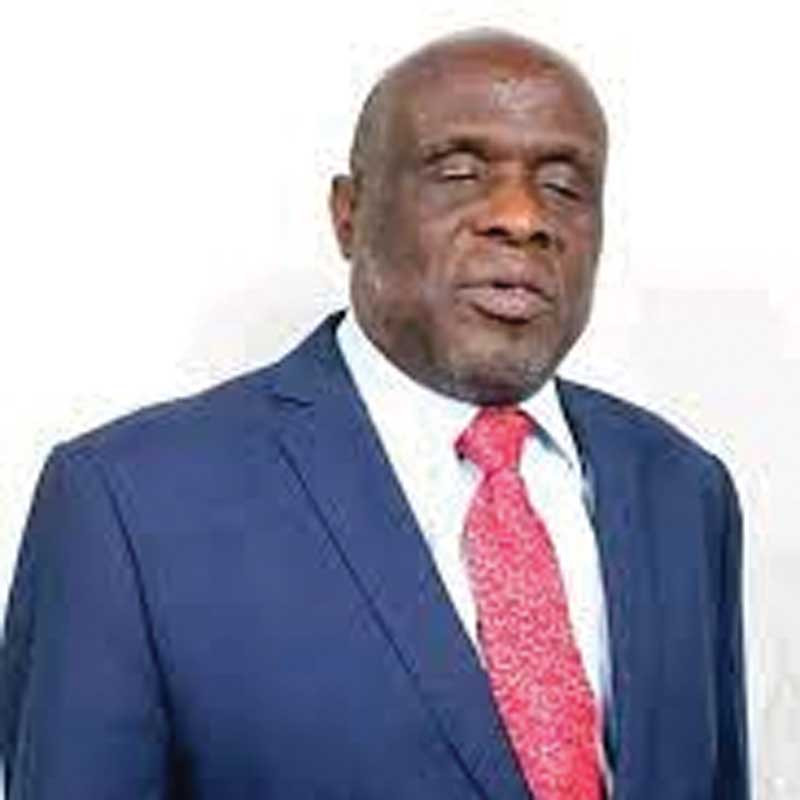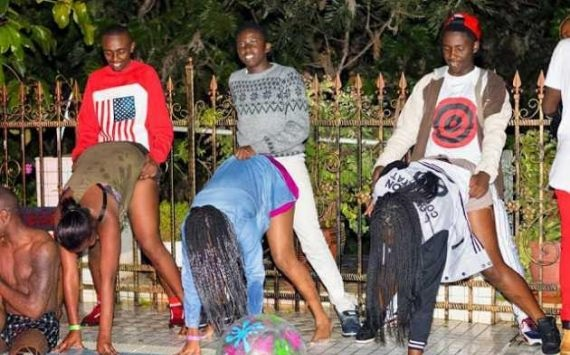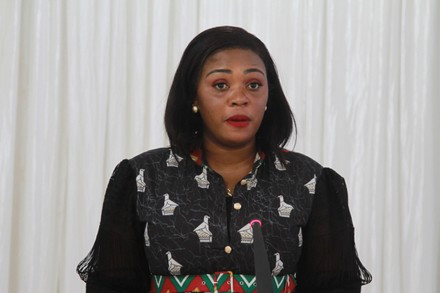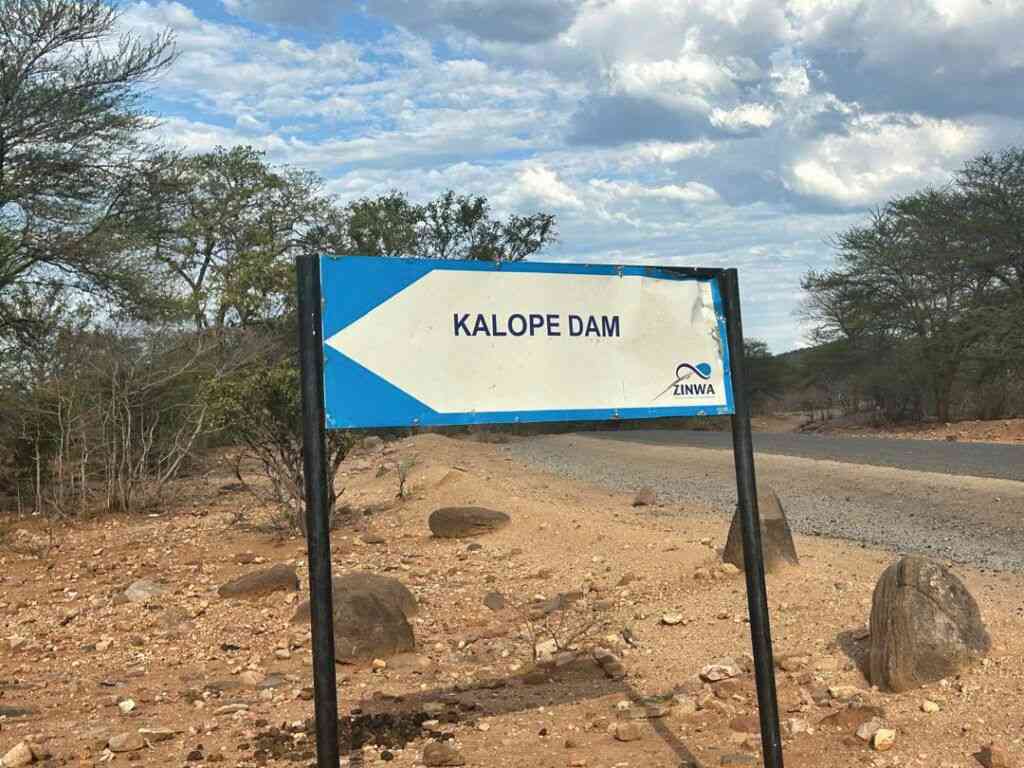
THE Zimbabwe National League of the Blind (ZNLB) has implored the government to prioritise the inclusion of persons living with disabilities (PWDs) by ratifying the Africa Disability Protocol and enacting of all related parliamentary bills and policies.
ZNLB executive director, Ishmael Zhou made the call in a statement to commemorate World Braille Day 2024 which ran under the theme: Empowering through Inclusion and Diversity yesterday.
The day commemorates the brilliance of Louis Braille’s innovation and reaffirms the commitment to creating an inclusive world where individuals with visual impairments thrive and contribute meaningfully to society.
“As the world commemorates World Braille Day, the Zimbabwe National League of the Blind calls for collective action towards building a more inclusive and diverse society, where the brilliance of diversity illuminates the path towards a brighter, more equitable future for all,” Zhou said.
“ZNLB urged Government to further prioritise inclusivity by ratifying the Africa Disability Protocol and making all parliamentary bills and policies have a disability inclusion matrix across their provisions and measures.”
He urged government to promote information in accessible formats mainly braille, large print and audio, especially in schools.
“By embracing accessible formats, such as braille or audio versions, government can truly guarantee equal access to essential information and uphold the rights of all citizens, regardless of their abilities,” she said.
In an interview, human rights and advocacy officer with the African Union of the Blind, Abraham Mateta said individuals living with visual impairments were facing a number of challenges because government was not investing enough to cater for their education needs.
- Mavhunga puts DeMbare into Chibuku quarterfinals
- Bulls to charge into Zimbabwe gold stocks
- Ndiraya concerned as goals dry up
- Letters: How solar power is transforming African farms
Keep Reading
“There are many challenges, but chief among them is the fact that braille equipment such as Perkins braille machines, slates and styluses are limited. Braille papers are also not readily available,” he said.
“Another challenge is that we are now going digital, but in our country, there is very limited investment at our institutions of learning in equipment such as refreshable braille displays.”
Zimbabwe also faces challenges of Braille training.
“The only place where there is much training is United College in Bulawayo and although many universities are now offering special needs training with Braille as part of it, the Braille is just scratching the surface.”











